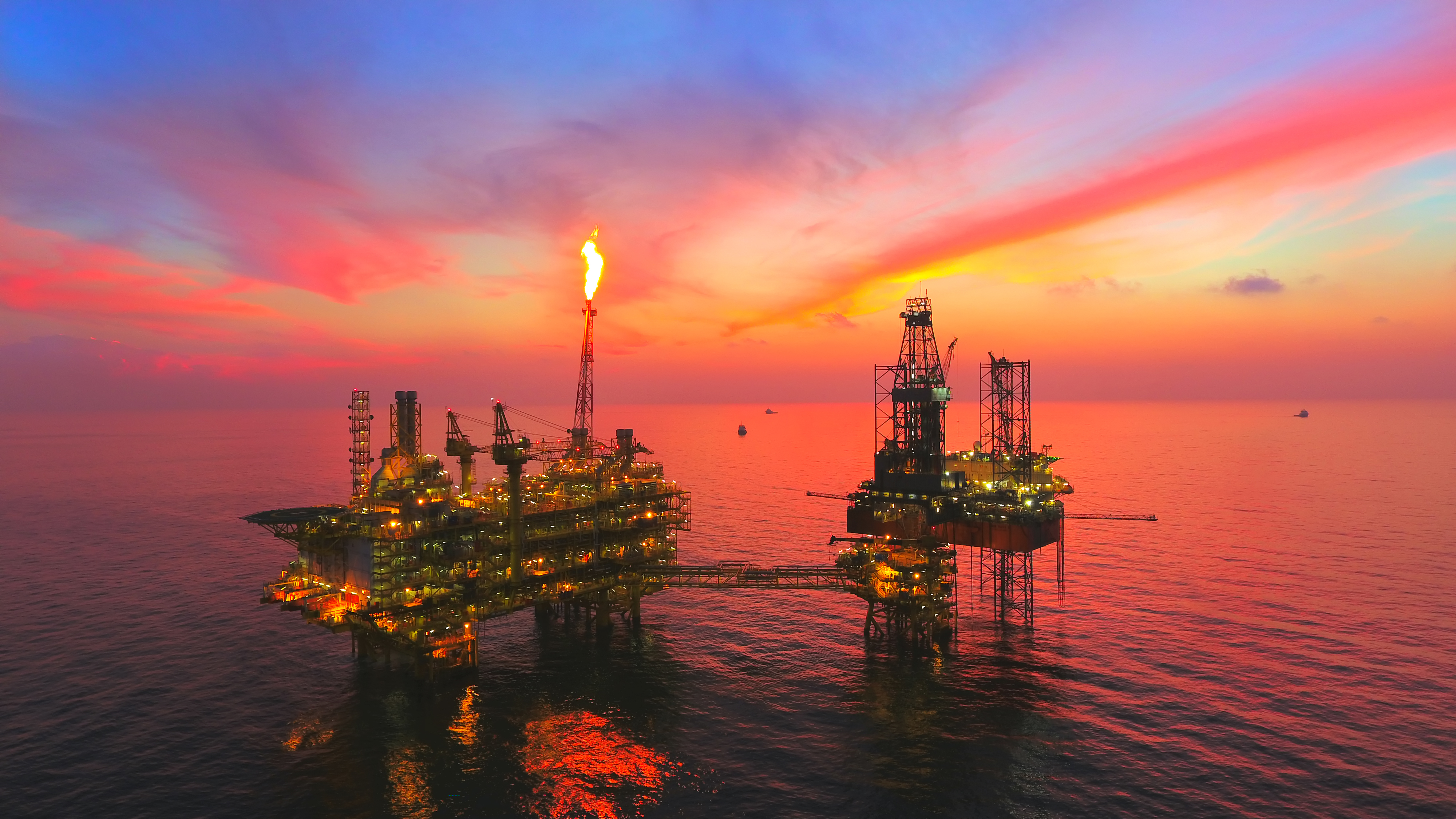There is unanimous expectation that this week the Central Bank’s Monetary Policy Committee (Copom) will raise the Selic, Brazil’s benchmark interest rate, by 100 basis points, to 12.75%. However, if the decision itself gives signs of predictability, the communication to be adopted by the monetary authority has been widely discussed among market agents, as well as Copom’s next steps, considering that interest rates are already at high levels, but also that current inflation remain relentless and that medium term inflationary expectations continue to move away from the targets.
A survey carried out by Valor between April 27 and 29 shows that, of the 99 institutions surveyed, all of them project that the Selic rate will be raised to 12.75% next Wednesday. The unanimity seen in the expectations for May, however, opens space for division in the market as to the end of the cycle. Of the total, 25 institutions believe that the cycle will already come to an end this week, while 74 see further action ahead, with the basic interest rate entering the 13% range. As for the end of the year, the median of the projections indicates the Selic at 13.25%, but 23 institutions project a higher rate.
To most of the market, a residual adjustment of 50 basis points in the Selic in June is necessary, as the de-anchoring in the medium-term inflation expectations has become more accentuated. If, before the March meeting, the survey carried out by Valor indicated inflation at 6.5% this year and 3.8% in 2023, now the scenario is even more challenging. The midpoint of the expectations collected last week, after the release of the April reading of mid-month reading for inflation index IPCA-15, shows inflation at 7.72% at the end of the year and 4% at the end of 2023.
Thus, the communication from the monetary authority about the way ahead is key for market participants at this moment. Since the beginning of the cycle of Selic hikes in March 2021, Copom has opted to give guidance to market participants on what it foresees for the next meeting. In the last meeting, in March, and in subsequent events, the committee reinforced that it saw the Selic at 12.75% as adequate at the end of the cycle. However, the market has moved to higher numbers as inflationary pressures have continued to escalate.
Thus, in this meeting, a good part of the market believes the Copom is expected to change its communication strategy and leave its next steps open, without committing to a decision in June. “This is a Central Bank that traditionally opts for greater assertiveness in its communication, but considering the stage of the cycle, we think that this statement can be less emphatic in relation to future steps, leaving open the possibility of an additional hike in June, even if of a smaller magnitude,” says Roberto Secemski, CFO for Brazil at Barclays.
/i.s3.glbimg.com/v1/AUTH_37554604729d4b2f9f3eb9ad8a691345/internal_photos/bs/2022/A/4/AVpkR4RBOVDGN8vhNHcQ/010621arx08-20copom.jpg)
A similar scenario is defended by ARX Investimentos CFO, Elisa Machado, when reminding that the inflationary process shows contamination of the entire dynamic part of inflation, especially the nuclei linked to services, which continue to grow. It is worth pointing out that the IPCA-15 of April had a diffusion growth to 78.7%, which scared market participants, even with the indicator below the consensus expectations of players.
“We have a war going on, which can still have an impact on commodity prices; an inflationary process that still shows contamination; besides the whole issue of bottlenecks and the ‘zero Covid’ policy in China, which does not contribute to diminish this situation,” emphasizes Ms. Machado, whose baseline scenario points to Brazil´s benchmark inflation index IPCA at 4.5% in 2023. So, although she emphasizes that the interest rate hike was “significant”, since the Selic went to 11.75% from 2%, the economist points out that the monetary authority needs to gain degrees of freedom in its communication.
“Given all this degree of uncertainty, the choice is likely to be for flexibility. This is not the time to lose degrees of freedom, but rather to gain it. It would be the most appropriate”, she argues. Ms. Machado also notes that the external scenario requires concern, since, even with the monetary tightening cycles announced in developed markets, the projected real interest rates are still negative or close to zero, which would require attention to possible adjustments ahead. On Friday, the 10-year U.S. real interest rate closed the trading session at just 0.01%.
“At this moment, facing so much uncertainty regarding the inflationary process abroad and in Brazil, doubts about the geopolitical impact, Fed raising interest rates and the Covid outbreak in China, it makes sense for the Central Bank to keep at least a gap open [for additional adjustments in the Selic],” argues the superintendent of macroeconomic research at Santander, Maurício Oreng. “The door is closing, but I believe they will keep a gap open for some eventuality.”
Mr. Oreng believes that Copom should use the statement to reinforce the idea that the cycle is nearing its end. Thus, for him, it is possible that the committee will indicate what it foresees for the June meeting. “Historically, the pattern of the Central Bank has been to give more signals about the next decision. I tend to think that they are going to signal a 50 bp hike and say that [the cycle] is nearing the end, perhaps placing more emphasis, but I don´t expect they will set in stone the last hike will be in June,” he says.
With the increase in inflation expectations since the March meeting, to 4% from 3.7%, Mr. Oreng says that by incorporating this movement in the preliminary calculations made by Santander, even with a slightly more appreciated exchange rate, the tendency is to have an increase in the Central Bank’s projection for the IPCA in 2023, given the important weight of expectations in the authority’s model.
“With that, the trend is not to follow the plan of stopping interest rate hikes now. We are expecting the Central Bank to adjust this plan for the June meeting,” says Mr. Oreng, “And if we are correct in our estimate, it might signal something like a 50 bp hike in June.”
Vinland Capital CFO Aurélio Bicalho follows the same line, also expecting Copom to signal a rise in interest rates in June. “Being coherent with the conditions that the Central Bank itself has set, my understanding is that it should come with a communication that there will be an additional gradual or smaller adjustment,” he points out.
In trying to summarize the evolution of the macroeconomic scenario since March, Mr. Bicalho notes that expectations have risen; current inflation has evolved in a worse way; the international scenario has demanded caution in the face of Fed tightening; and the fiscal side, although with no major news, continues to present risks.
He also believes that Copom’s inflation projections will rise, in a scenario of a still asymmetric balance of risks. “And in paragraph 18 of the minutes [of the March meeting], the Copom says that if the scenario was closer to 3.4% inflation in 2023, the assessment was that the cycle should be even more contractionary,” he says.
The economist emphasizes that the evolution of inflation expectations is an even more important factor than if there were a worsening in the Central Bank’s projection due to oil prices. “It is a warning sign that inflation may become more persistent and more detached from the target,” he argues. And it is based on this scenario that Mr. Bicalho evaluates that Copom will signal an interest rate hike in June.
At GAP Asset, the fact that the Central Bank has had a posture of giving guidance on the next steps gives support to the possibility of maintaining this strategy in this week’s meeting. “I think the Central Bank is expected to signal something and the most likely is to actually stop the cycle or give another 50 bp hike. I think delivering another 50 bp increase is the most likely scenario,” says Anna Reis, partner and economist at GAP Asset.
(Gabriel Roca contributed to this story)
Source: Valor International



/i.s3.glbimg.com/v1/AUTH_f035dd6fd91c438fa04ab718d608bbaa/internal_photos/bs/2021/B/e/hRANMvRLKWYzcXI4Ks4g/gettyimages-1175951396.jpg)
/i.s3.glbimg.com/v1/AUTH_37554604729d4b2f9f3eb9ad8a691345/internal_photos/bs/2022/8/W/V2Jw5CRmSUeSiuaJkezg/brumadinho-agencia-brasil.png)
/i.s3.glbimg.com/v1/AUTH_37554604729d4b2f9f3eb9ad8a691345/internal_photos/bs/2022/b/X/a6BCPYRFSTK0OgFB4k6g/mercado34jpeg.jpg)

/i.s3.glbimg.com/v1/AUTH_37554604729d4b2f9f3eb9ad8a691345/internal_photos/bs/2022/E/P/fm6gmLSjSzyC9Yh7ldAQ/construcao-sao-paulo-edilson-dantas-agencia-o-globo.png)
/i.s3.glbimg.com/v1/AUTH_37554604729d4b2f9f3eb9ad8a691345/internal_photos/bs/2022/d/7/1SNanETE6WHuBKMBU8yw/inflacao-brenno-carvalho-agencia-o-globo.png)
